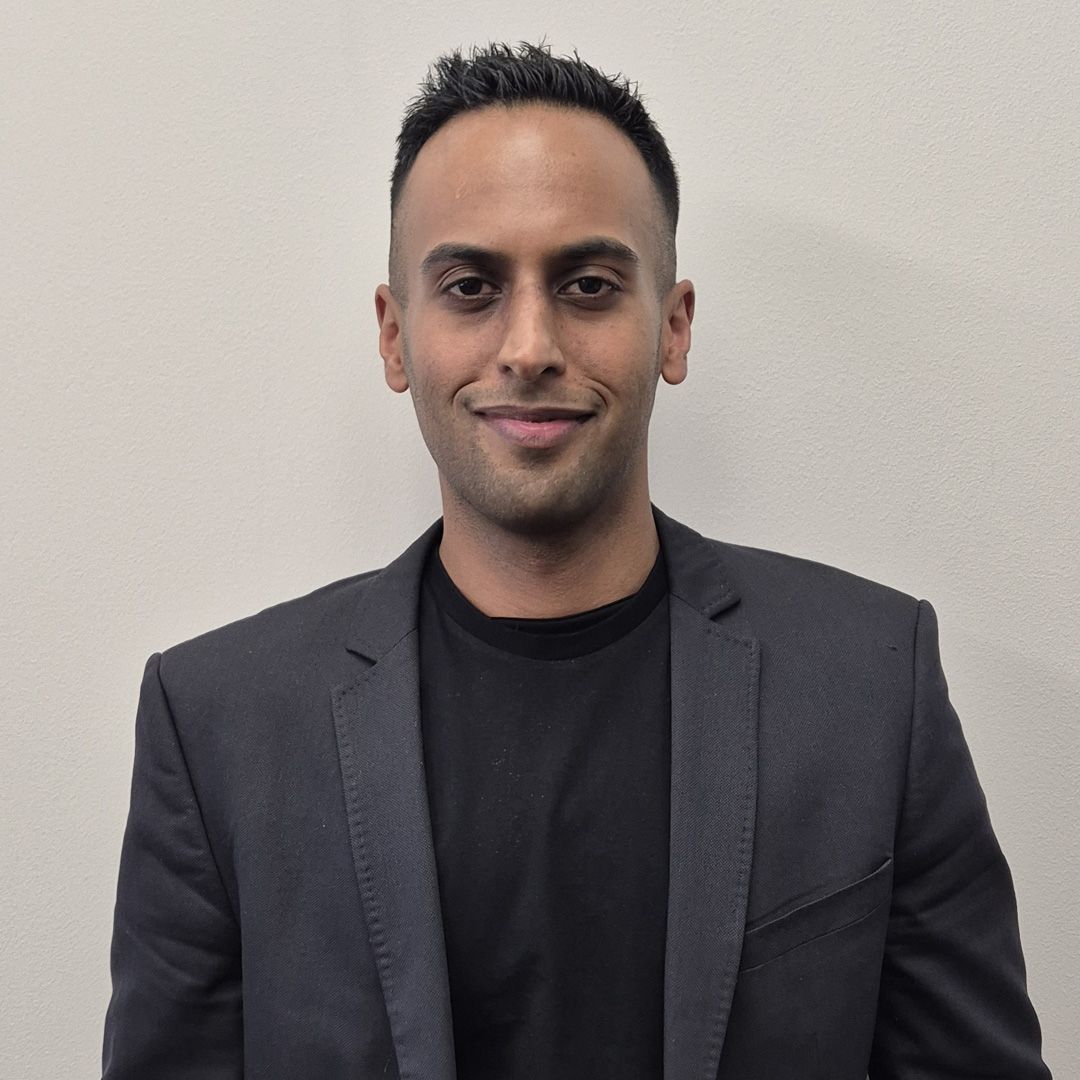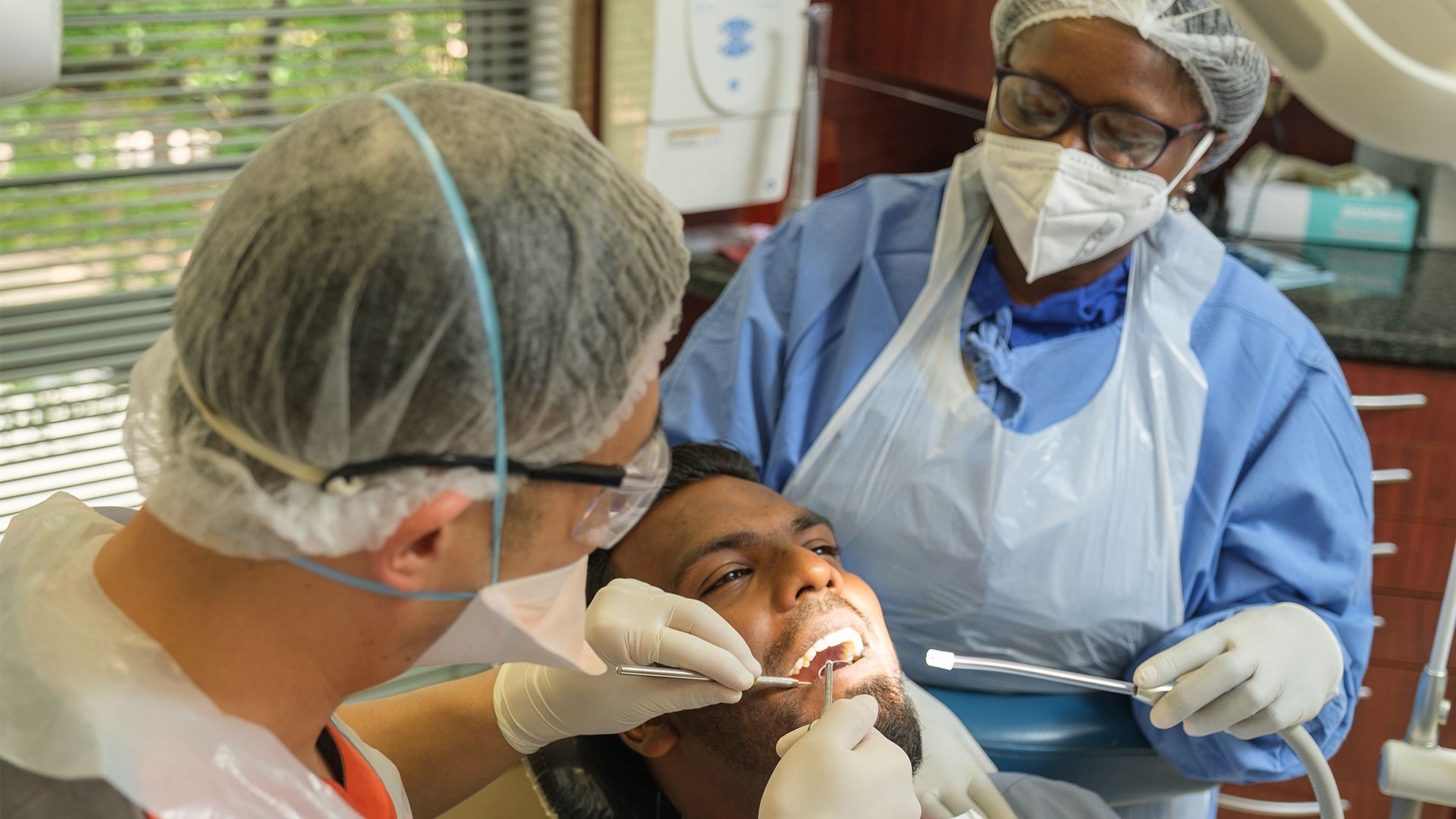The lifelong importance of dental health
You’re never too old or too young to take your dental health seriously
As Oral Health Month and Spring kick off in South Africa, this is a timely reminder that you're never too old or too young to take dental health seriously. Get to know the dental priorities for your age group – your good health may depend on it.
“Neglecting oral care is not just risking cavities and gum disease – poor dental hygiene can potentially open the door to severe healthcare issues like heart disease, diabetes, and respiratory infections,” cautions Dr Rahul Gathiram, dental director of Netcare Medicross medical and dental centres.
Baby steps:
The oral health journey begins in infancy. Cleaning your baby’s gums is essential even before the first tooth erupts to prevent bacterial buildup.
“It is important to celebrate the arrival of your child’s first tooth, which usually happens around six months of age and, in most cases, is a lower central incisor tooth. This is the ideal time to introduce a brushing routine using a soft toothbrush and a tiny bit of infant toothpaste,” encourages Dr Gathiram.
He advises parents to begin familiarising their children with the dentist as early as six months after the first tooth has pushed through, as tooth decay can occur anytime. “Early visits to the dentist, ideally by the child's first birthday, are not only to check for cavities and developmental issues but also to educate parents on proper oral hygiene practices.”

Dr Rahul Gathiram, dental director of Netcare Medicross medical and dental centres
To avoid tooth decay as a result of bottle feeding and teeth misalignment due to sucking, try to wean your baby off of the bottle by one year of age and monitor excessive sucking of pacifiers, fingers and thumbs. Try to avoid giving your child a bottle of milk at naptime or bedtime, and never give them juice or sweetened liquid at that time.
“Bringing your child to the dentist early lays the foundations for a lifetime of good oral care habits and helps them get used to the dentist’s rooms, making for stress-free visits in the future. Ultimately, children with healthy teeth can usually chew food easily, learn to speak clearly, smile confidently and retain their teeth to a ripe old age if they continue to practise good oral and dental care,” says Dr Gathiram.
“It’s important to note that the timing of tooth eruption can vary for everyone, so do not be overly concerned if your little one takes a bit longer to get their first tooth. Remember, baby teeth are placement holders for adult teeth. So, limiting sugary snacks and drinks is important to prevent early tooth decay.”
Growing up:
“From early childhood to adolescence is an exciting time in your child's development and, on the dental front, children start losing their baby teeth at around six years, and by the age of 12, most of their permanent teeth will erupt.
“The first permanent tooth to appear is usually the first molar right at the back of the mouth. This makes it particularly important to ensure your child gets right to the back of their mouth when brushing their teeth,” advises Dr Gathiram.
Generally, the first baby teeth to fall out are the incisors, either at the top or bottom.
“It is vital to encourage children to brush their teeth twice daily and clean each tooth's front, back, and chewing surfaces. It is also advisable for children to start flossing between all teeth at least once a day. Regular dental check-ups every six months are key during this stage of rapid change in the mouth.
“Taking your child to the dentist is the best way to prevent problems such as tooth decay and malocclusion, or crooked teeth, from a young age. Dentists can also identify their fluoride needs. As they get older, fissure sealant – a durable sealing resin agent applied to decay-prone fissures on the chewing surfaces of permanent teeth is often recommended by your dentist when the permanent teeth appear in the mouth.
“The teenage years bring their own dental challenges, such as orthodontic treatments and increased risk of cavities due to dietary choices. Braces or removable appliances are often recommended during this period to correct misalignments and ensure proper bite function,” adds Dr Gathiram.
Primetime:
As individuals transition into adulthood, the good oral hygiene habits developed while growing up must be continued. Brushing twice daily and flossing daily are crucial to prevent gum disease and cavities. Regular dental checkups and cleanings are also needed to keep smiles bright and healthy.
“It is important to be aware of the impact that lifestyle choices, such as smoking and diet, have on oral health. The use of tobacco can lead to gum disease, tooth decay, and oral cancer. Consuming sugary drinks and snacks, on the other hand, can result in enamel erosion and cavities. Dental problems like impacted wisdom teeth and gum disease are common in this age group and should be addressed promptly,” he says.
Golden years:
“Getting older does not mean the end of your oral health journey – no matter your age, good oral hygiene habits are always important. Stay vigilant for dental issues, such as gum disease and tooth loss, that can arise with age. Regular visits to your dentist are essential as they can help you navigate the unique challenges of oral health in your golden years,” says Dr Gathiram.
According to Harvard Health, as people age, they face new challenges in maintaining oral health. Medications can cause dry mouth, increasing the risk of cavities and gum disease. Older individuals are also more susceptible to oral cancer, which requires regular screenings. Maintaining a diet rich in calcium and vitamins can help keep teeth and gums healthy, and it is important to continue visiting the dentist regularly for cleanings and check-ups to address these issues promptly.
Keep it simple and manageable: “Don’t avoid your dentist; schedule regular check-ups if you’re not doing so already. We are fortunate to live in an age where modern dental techniques and instruments, highly effective local anaesthetic and specialised tools and treatments virtually guarantee that dental visits and procedures will not be traumatic. Many patients look forward to their bi-annual visit, coming away with wonderfully clean teeth and knowing their oral health is in check. Every smile has its own unique journey; let’s make it a healthy one,” he concludes.
Contact your local Netcare Medicross medical and dental centre to book your dental checkup, or visit
https://www.netcare.co.za/search?path=medicross_medical_dental to make an appointment with a dentist.













